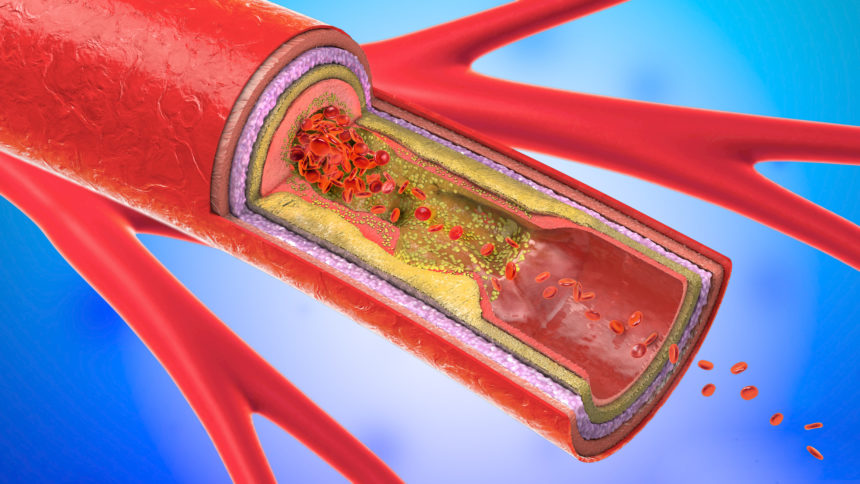
A team of researchers has pinpointed two blood biomarkers that are linked to cognitive function changes that can happen to women in midlife. Authors of the study say this could lead to developments for early detection of Alzheimer’s disease and other dementias.
The study was published in Alzheimer’s & Dementia: The Journal of the Alzheimer’s Association on Dec. 21. As part of the research, the team looked at amyloid β (Aβ)42, Aβ42/40 ratio and phosphorylated tau181 (p-tau181) — blood-based biomarkers linked to cognitive decline. The team evaluated levels of the biomarkers in middle-aged women and conducted some neurological testing on the women, too.
The team assessed data from 192 women and followed the data across a 14-year span. According to the results, women who had higher levels of p-tau 181 generally had accelerated cognitive decline; having lower AB 42/40 levels was linked to faster cognitive decline.
These biomarker assessments could give people insights into whether or not they’re at risk for cognitive decline, and equip people to prevent progression. Additionally, being able to detect levels during routine bloodwork could cut down on invasive neurological tests, which can involve lumbar punctures and pricy imaging scans.
“This is a new area of study, and it is very promising, but of course we are in need of a larger and more diverse sample,” Xin Wang, PhD, a research assistant professor in the Department of Epidemiology at the University of Michigan School of Public Health, said in a statement.
“It’s important to note that the presence of the biomarkers that we tested doesn’t mean there is Alzheimer’s Disease,” Wang added. “However, we know they are a central part of neuropathological changes. These pathological changes are important to know of earlier than later.”
Why was midlife the focal point of the research? That’s when women go through a decline in estrogen and menopause. Women can also experience higher prevalence of cardiometabolic risk factors such as hypertension and diabetes, which are also tied to having an elevated risk of cognitive decline and dementia in older age.
Wang noted that the results are based on a small sample but could pave the way for future research on the impact of testing the biomarkers.





